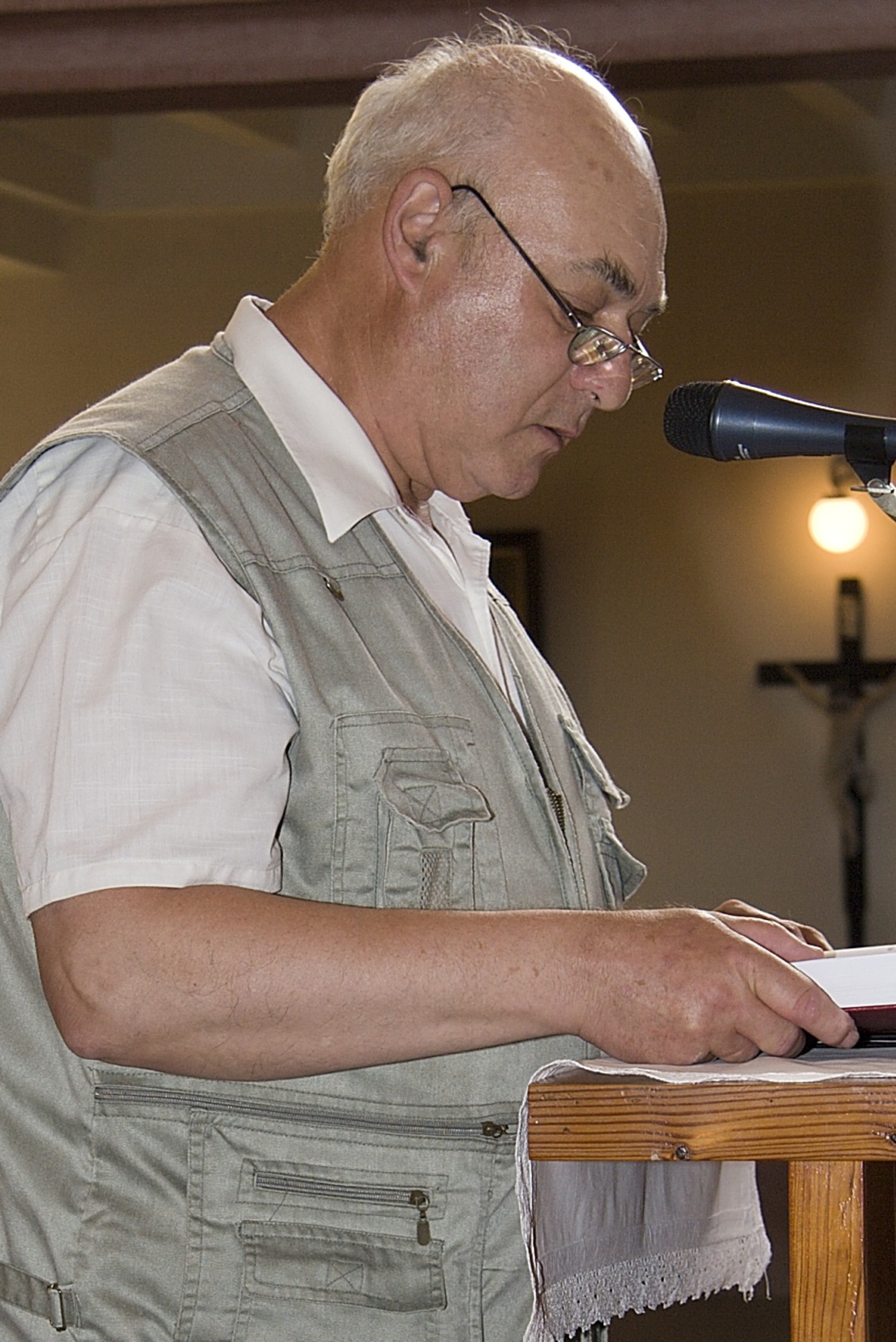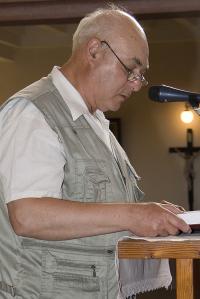Back to Frélichov

Download image
Josef Skokanitsch was born in 1948 in Frélichov. At the age of 1,5 years, his family had to move to Radkov nearby Opava, where many of the displaced Croatian families lived. Josef Skokanitsch spent his childhood with the Croatian kids and easily mastered Croatian as his mother tongue. In the early seventies, he decided to return to Frélichov (nowadays Jevišovka), where he and his wife built a house. His parents followed him and the Skokanitsch family was thus one of the few Croatian families to return to their original home.
